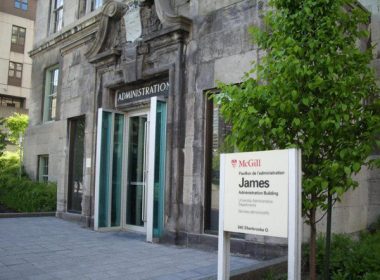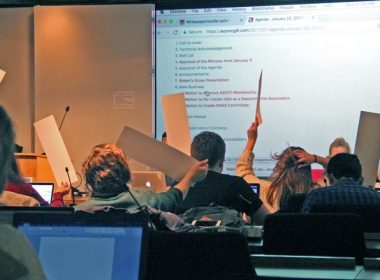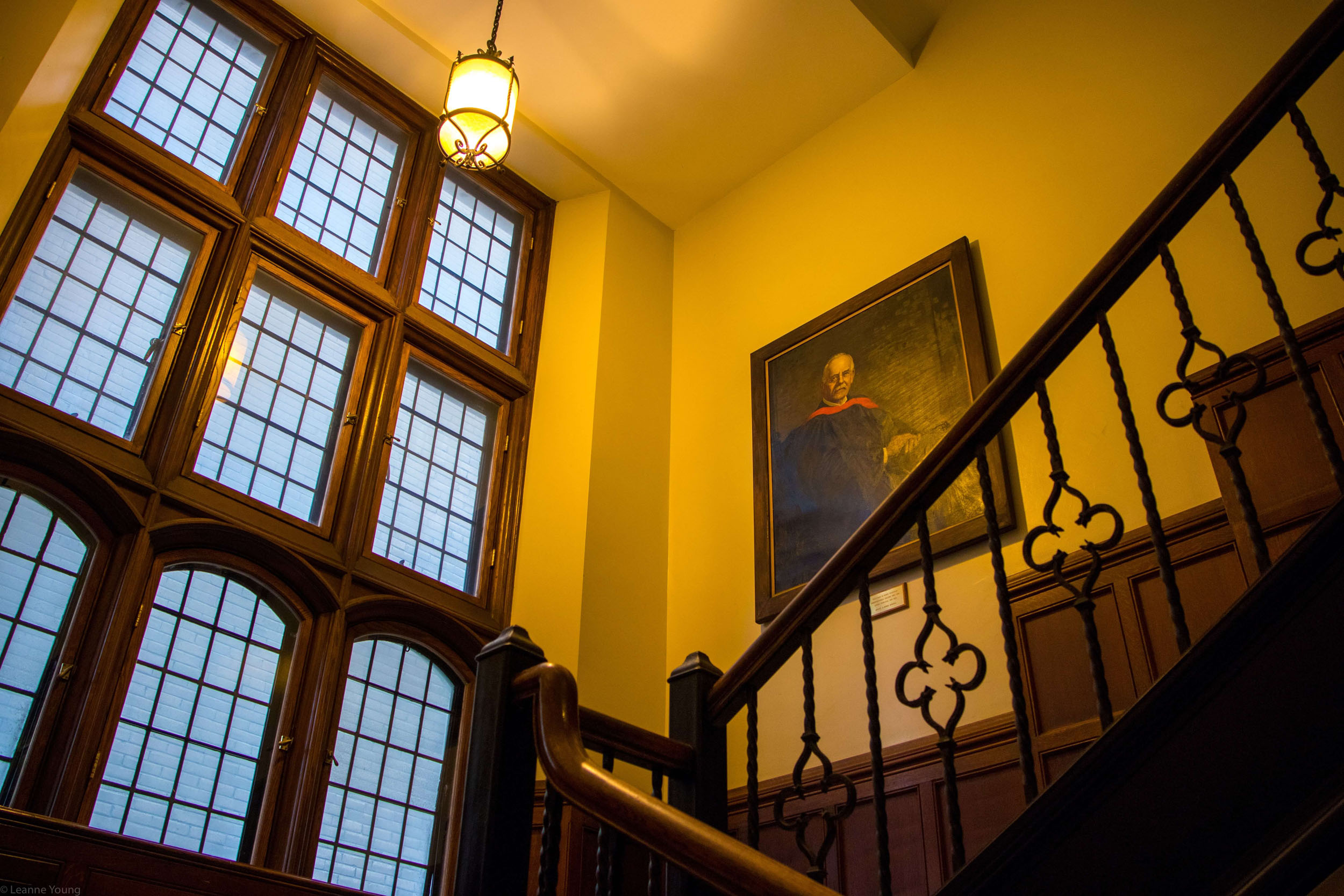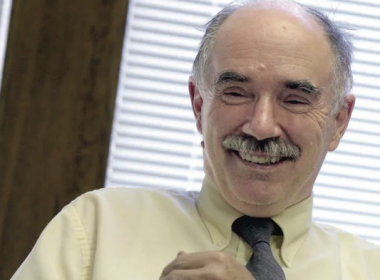A motion to cancel classes on Sept. 27 for the upcoming Climate Strike was proposed at the McGill Senate’s latest meeting on Sept. 18. Though absent on the official meeting agenda, the motion was proposed by 10 senators the day before the meeting and induced a heated debate before its[Read More…]
McGill
Tribune Explains: The AUS Special General Assembly
In anticipation of the Sept. 27 climate strike, Climate Justice Action McGill (C-JAM) has filed a petition to the Arts Undergraduate Society (AUS) calling for its members to hold a general strike. Ahead of the AUS’ general assembly (GA) on Sept 25, The McGill Tribune looked into what a strike[Read More…]
McGill holds active shooter response workshops
On Sept. 18, McGill held one of three active shooter workshops scheduled for this year. The workshops, which McGill began facilitating five years ago, is designed to inform students and staff about how to stay safe during an active shooter situation. This scenario is defined in McGill’s security protocol as[Read More…]
AUS Legislative Assembly discusses climate strike vote
On Sept. 18, the Arts Undergraduate Society (AUS) Legislative Council convened to discuss the McGill Senate’s failure to pass a motion to cancel classes on Sept. 27. AUS General Assembly is called after to senate ruling on Climate Strike Student’s Society of McGill University (SSMU) Arts Senator Henrique Mecabó presented[Read More…]
Experts discuss the intersection of religion and climate activism
Montreal’s Council for Research on Religion (CREOR-M) hosted its first Colloquium on Religion and Climate Change in the Birks building. The event, held on Sept. 20, aimed to bring together McGill scholars from different fields to discuss how understanding faith can recontextualize the movement for climate justice. According to Claire[Read More…]
Esteemed McGill professor Desmond Morton passes away
On Sept. 3, the McGill community lost 81-year-old Desmond Morton, an esteemed author and professor whose contributions as a ‘historian of conflict’ earned him numerous accolades. Morton was the Hiram Mills Professor in the Department of History and Classical Studies at McGill since 1998. Antonia Maioni, the Dean of the[Read More…]
Sackler family accused of instigating the opioid crisis donated $3.9 million to McGill
The Sackler family, McGill donors and owners of a pharmaceutical company with ties to the opioid crisis, declared bankruptcy on Sept. 15. Between 2014 and 2017, McGill received a total of $3,888,078 from The Sackler Foundation to advance research and education, including the establishment of the Sackler Program for Epigenetics[Read More…]
Getting to know McGill’s Morgan Arboretum
On Sept. 14, McGill’s Morgan Arboretum forest reserve held its annual open house, giving students an opportunity to experience a unique part of the Macdonald campus. With activities including the monarch butterfly launch and a birds of prey flight show, visitors had the opportunity to learn more about the local[Read More…]
First wave of students completes sexual violence prevention training
Over the summer, McGill released an online sexual violence prevention course called “It Takes All of Us” to its first wave of students, with incoming first years gaining access as early as June 2019. Eventually, all students and staff will be required to complete the course. “”It Takes All of[Read More…]
McGill launches ninth annual Indigenous Awareness Weeks
McGill’s ninth annual Indigenous Awareness Weeks (IAW) launched on Sept. 16. The theme this year is “matriarchy and Indigenous languages,” inspired partly by the United Nations proclamation of 2019 as the International Year of Indigenous Languages. Indigenous Education Advisor Janelle Kaperski spearheaded the organization of 12 of the 16 IAW[Read More…]















